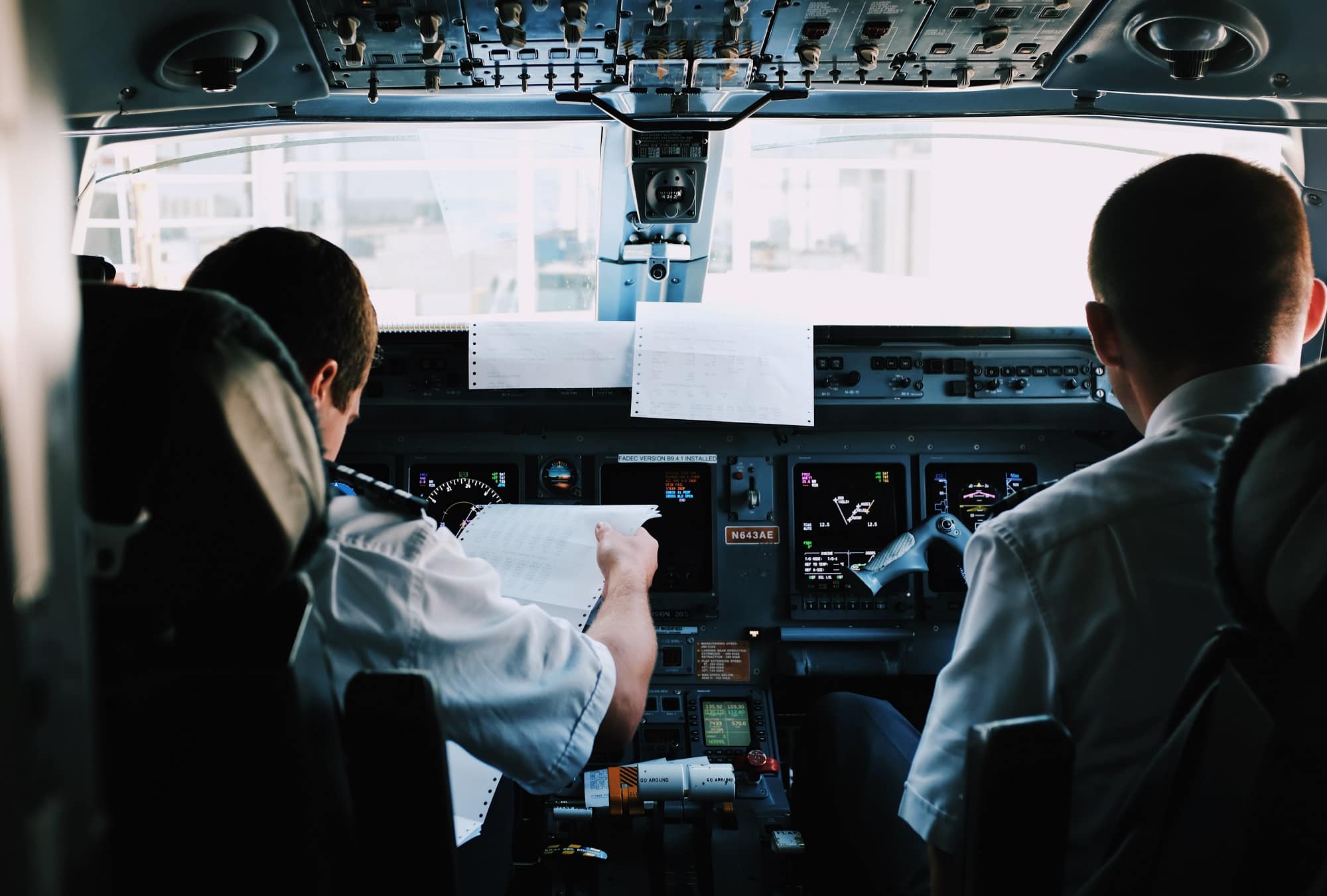If you ask any youngster what they’d like to be doing when they’re grown up, they’ll always say “pilot”. It’s an occupation that’s full of thrills, precision, and freedom. Once the dream becomes reality, however, future pilots start to ask themselves how much do pilots make and is the investment worth it?
It’s more than just a matter of a number. Understanding airline pilot salary today means navigating through a mix of initial wages and growth paths, benefits structures as well as real-life trade-offs which determine the financial aspects of aviation.

Image credit: flightschoolusa.com
Start Small: The reason why many pilots start in the regional world
Most pilots do not start their career in the cockpit of Boeing 787. Their careers start at regional airlines flying smaller aircraft, on routes that are shorter. These are the training grounds for future captains, and their salaries reflect this.
A regional airline pilot salary typically starts around $45,000 to $70,000, depending on the airline and whether the pilot comes with flight experience or is fresh out of school. Although it may seem low when compared to the cost for flight school, having regional experience can provide greater opportunities. Many regional airlines have been increasing pay in rapid succession because of the shortage of pilots.
Commercial Pilot Salary This isn’t what you Think!
This is where it gets interesting. Commercial pilots do not have to be operating for major airlines. This means that you are entitled to receive compensation from an airline for your flying. It could be cargo, charter sightseeing, crop-dusting firefighting, or corporate jets. Each of these routes has an entirely different compensation plan.
A charter pilot may earn $60,000, while a Gulfstream G650 corporate captain can take home $200,000+ each year. The range of commercial pilot salary varies so vastly due to the role and risks vary too. Commercial sectors base their pay on negotiations, the type of aircraft and contracts with clients in contrast to the seniority structure of airlines.
The numbers begin to get large
Pay for pilots in USA is more appealing for those who join major airlines and climb the ranks. First officers with the largest U.S. airline could earn from $90,000.00 to $150,000.00 and a senior pilot operating international wide body routes could earn up to $400,000.00, and sometimes even more due to overtime and bonuses.
But these numbers do not reveal the full picture. The aging process can be accompanied by an intense schedule as well as long-distance fatigue, and lifestyle compromises. It’s a satisfying job but it’s also not always glamorous.
What isn’t on your paycheck?
The most important aspect of any airline pilot salary negotiation is the discussion of benefits and this is where pilots appreciate the value of benefits beyond the dollar figure. The benefits could significantly impact the overall quality of life. They can range from complete medical insurance as well as pension plans and the ability to travel with family members.
A lot of airlines offer sign-on bonus (often between $15,000 and $75,000) to experienced pilots. This is especially true for those who have military experience or have special type ratings. These bonuses are an indication of the requirement for highly skilled professionals within the U.S., as the population of pilots is declining and the demand for travel is growing.
Is it worth it?
In the United States, getting a licensed pilot is not just difficult, but also costly. Training for flight varies between $70,000 and $150,000. Pilots rarely be paid six-figure salaries until they’re several years into their careers. But the benefits in the long run are very real.
The work of a pilot is usually stable, with a well-planned course of work and a schedule that is admiration by other occupations. Most importantly, for many people, the views from the flight deck and the satisfaction of commanding a plane are benefits that no salary figure will ever fully reflect.
Final Thoughts
The salary of a pilot in America does not revolve around figures, it’s about the experience, growth and lifestyle. The job of pilots isn’t just an opportunity to earn a living but also an opportunity to live a life of. If you are considering regional positions as well as commercial charters, or long-haul flights out of the country every step will bring more money, but also a larger scope of possibilities.
